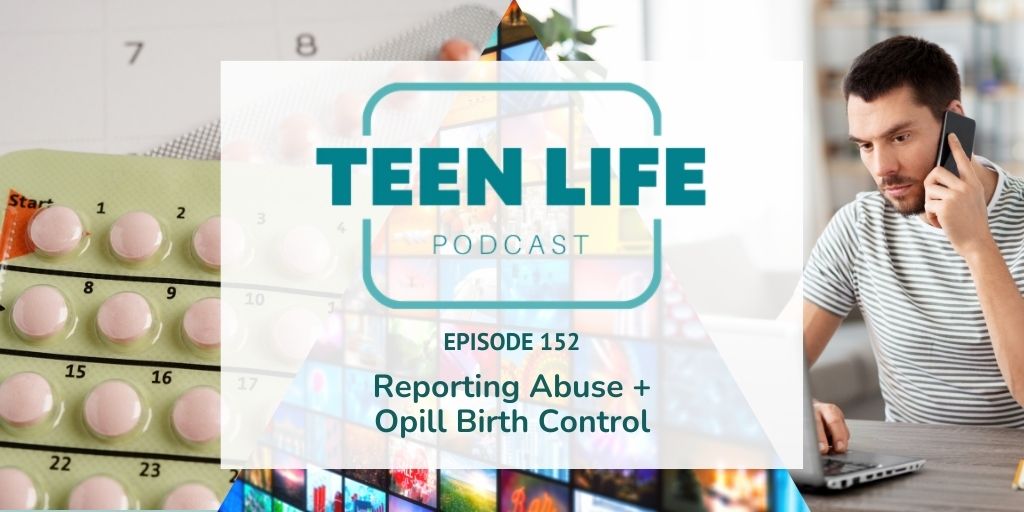Working with teenagers is incredibly rewarding, but let’s be real—sometimes it comes with some tough conversations. One of the most challenging topics we need to address today is sextortion and online scams.
These digital dangers are unfortunately becoming more common, and it’s crucial that we help our teens navigate them safely for their mental health and physical well-being.
Why It’s Important to Talk About Sextortion and Online Scams
Sextortion is when someone threatens to share explicit images or information about another person unless they comply with demands, usually for more images, money, or favors. Some of these schemes can have become quite complex too, including posing as brands to gain the teen and parents’ trust as they coax teens to share information or photos.
Nearly 1 in 3 preteens now aspire to be influencers according to this recent New York Times investigation. So offering a brand sponsorship is a very effective avenue for predators to achieve access to minors, even with permission from their parents.
Officer Gomez has seen this often in his experience as a School Resource Officer. He’s a great resource to follow. He talks more about this scheme in particular in an interview with The Ranch Podcast.
Online scams, on the other hand, can range from phishing attempts to more personal attacks that exploit trust.
Teens are particularly vulnerable because they spend so much time online and may not always recognize the warning signs of a scam or know what to do if they’re targeted- which isn’t surprising since most adults probably don’t either!
As educators, youth workers, and parents, it’s especially important that we do our best to understand the digital landscape so we can equip teens to stay safe. Even more critical, however, is our role as safe adults.
By having open, honest conversations, we can empower them to protect themselves and know where to turn if they need help.
How to Start the Conversation
- Create a Safe Space: Before diving into the topic, ensure your teens feel comfortable talking about sensitive issues. Let them know this is a judgment-free zone where their feelings and experiences are valid.
- Use Real-Life Examples: Teens respond well to stories, especially those that feel relatable. You can use stories from news reports or even hypothetical scenarios to illustrate what sextortion and online scams look like.
- Ask Open-Ended Questions: Instead of lecturing, engage them in a conversation. Questions like, “What would you do if someone you didn’t know asked for a private photo?” or “Have you ever seen a suspicious message online?” can spark important discussions.
- Share Resources: Encourage teens to explore resources like the National Center for Missing & Exploited Children (NCMEC) or CyberTipline. These platforms offer tons of information and reporting tools that are teen-friendly.
What to Emphasize During the Conversation
- Trust Your Gut
If something feels off, it probably is. Teens should trust their instincts and not engage with anyone or anything that makes them uncomfortable. - The Importance of Privacy
Remind them that once something is online, it’s almost impossible to take back. Emphasize the importance of keeping personal information, including photos and videos, private. - Reporting Is Key
Encourage teens to report anything suspicious to a trusted adult immediately. Whether it’s a strange message, an inappropriate request, or a scam, reporting it can prevent further harm. - They’re Not Alone
One of the most important things to communicate is that if something happens, they are not alone. Many others have faced similar situations, and there are always people willing to help. - They Are Not Going to Be in Trouble.
Many teens and kids are afraid to report what’s happening to them because they are afraid they’ll be in trouble. It’s important to let them know that authorities and trusted adults are on their side.
Follow-Up: Keeping the Conversation Going
After the initial conversation, keep the dialogue open. Check in with your teens regularly to see if they’ve encountered anything unusual online. Make it clear that they can always come to you with concerns, no matter how small they may seem.
You can also bring in guest speakers, such as representatives from local law enforcement or cyber safety experts, to reinforce these messages. The Dallas/Fort Worth Internet Crimes Against Children Task Force is a great local resource that could provide valuable insights.
Links and Resources
- Facebook: Deputy Gomez page
- Facebook: Officer Gomez on “escaping photos”
- Instagram: Fight the New Drug
- The Ranch Podcast: Scams and Suicides on SnapChat
- fbi.gov: Sextortion: A Growing Threat Preying Upon Our Nation’s Teens
- fbi.gov: Sextortion How to Get Help
- Dallas Police Department: Internet Crimes Against Children
- National Center for Missing & Exploited Children
- National Center for Missing & Exploited Children: CyberTipline

Kelly Fann
Digital Media Manager
Kelly Fann | Digital Media Manager
Kelly has a desire to empower young people to grow into the best version of themselves. Using her background in branding and word-smithing, she is a master at highlighting resources that help teens learn skills that will enable them to grow and to adapt, to enjoy life and to be better citizens. Kelly has a MA in Linguistics from North Texas University.



